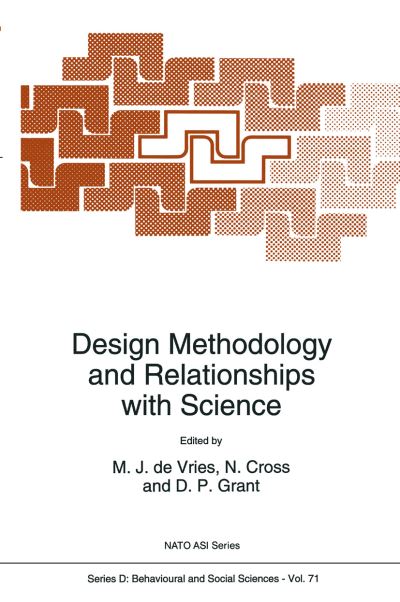
Many business corporations are faced with the challenge of bringing together quite different types of knowledge in design processes: knowledge of different disciplines in the natural and engineering sciences, knowledge of markets and market trends, knowledge of political and juridical affairs. This also means a challenge for design methodology as the academic discipline that studies design processes and methods. The aim of the NATO ARW of which this book is the report was to bring together colleagues from different academic fields to discuss this increasing multidisciplinarity in the relationship between design and sciences. This multidisciplinarity made the conference a special event. At a certain moment one of the participants exclaimed: "This is not a traditional design methodology conference!" Throughout the conference it was evident that there was a need to develop a common language and understanding to enable the exchange of different perspectives on design and its relationship with science. The contributions that have been included in this book show these different perspectives: the philosophical, the historical, the engineering perspective and the practical designer's experience.
| ISBN: | 9780792321910 |
| Publication date: | 31st March 1993 |
| Author: | NATO Advanced Research Workshop on Design Methodology and Relationships With Science, Marc J de Vries, Nigel Cross, Donald P Grant, North Atlantic Treaty Organization |
| Publisher: | Springer an imprint of Springer Netherlands |
| Format: | Hardback |
| Pagination: | 327 pages |
| Series: | NATO Science Series D: |
| Genres: |
Philosophy Historiography Mechanical engineering Educational equipment and technology, computer-aided learning (CAL) History Technology: general issues |